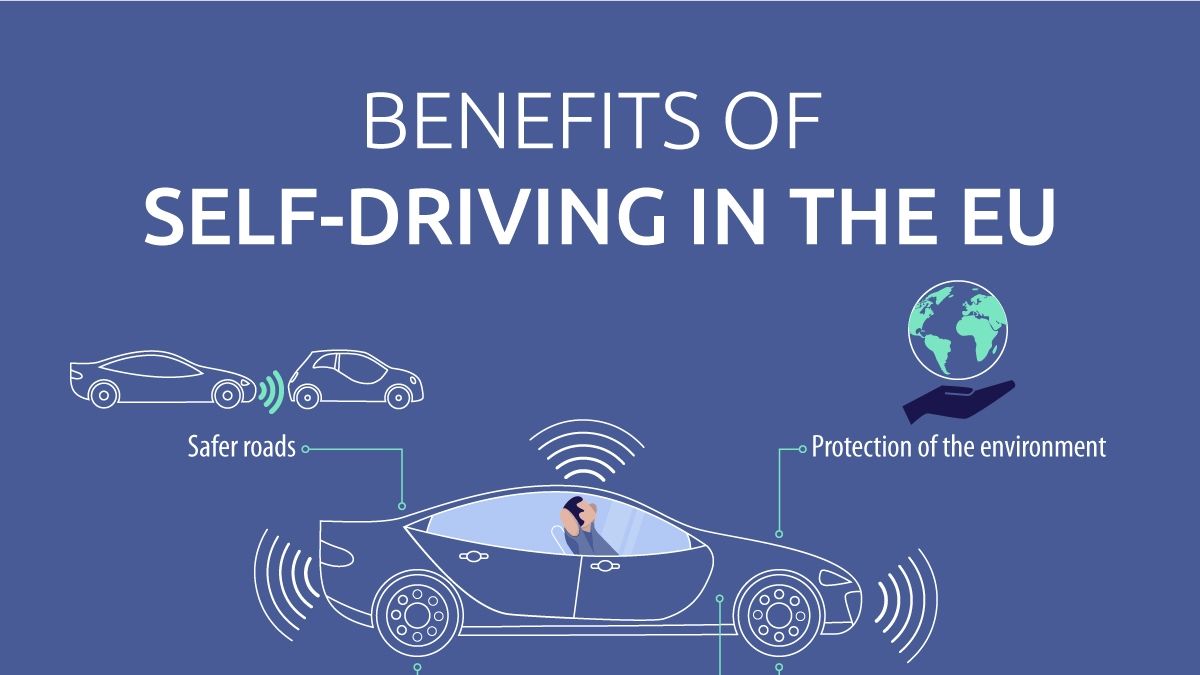Driving into the Future: Enhancing Older Adult Mobility with Autom…

Recent findings by the International Longevity Centre UK (ILC), supported by LV= General Insurance, shine a spotlight on how automated driving, electric vehicles, and ridesharing could revolutionize mobility for older adults. As private car ownership becomes increasingly integral to modern life, the decline in driving ability due to health issues can lead to significant impacts on the well-being of the elderly, including depression and higher mortality rates. The ILC report underscores the potential of transportation technology advancements in mitigating these effects, thereby enabling older individuals to maintain their independence and social connections.
Breaking Down Mobility Barriers
The ILC’s research emphasizes the need for these new mobility solutions to be accessible to everyone, regardless of their wealth, health status, or where they live. It calls for policies and frameworks that are inclusive of the mobility needs of the aging population, highlighting the importance of cross-sector collaboration to prepare for the evolving landscape of driving in an aging society. This approach aims not only to enhance the quality of life for older adults but also to ensure that advancements in transportation technology benefit all segments of the population.
Technology as a Beacon of Hope
Innovations in the automotive industry, such as autonomous vehicles and electric cars, promise to offer more than just environmental benefits; they have the potential to transform the daily lives of older adults. By providing safer, more reliable modes of transportation, these technologies can help reduce the isolation often experienced by the elderly due to mobility restrictions. Furthermore, the expansion of ridesharing services tailored to the needs of older users could significantly enhance their ability to engage with the community, attend medical appointments, and participate in social activities without relying on traditional forms of public or private transportation.
Preparing for a Connected Future
The report advocates for a proactive approach to integrating these technologies into society, urging stakeholders to consider the unique needs of older adults in the design and implementation of new transportation models. This includes addressing digital literacy among the elderly to ensure they can fully benefit from advancements in mobility services. As the world witnesses an unprecedented demographic shift towards an aging population, the need for innovative solutions to mobility challenges has never been more critical. By embracing these technologies, society can move towards a future where age does not dictate one’s ability to move freely and independently.
As we stand on the cusp of a new era in transportation, the implications of this shift extend far beyond the automotive industry. By enhancing the mobility of older adults, we pave the way for a more inclusive society, where everyone, regardless of age, has the opportunity to lead a connected, engaged, and fulfilling life. The journey towards this future is not without its challenges, but with collaborative efforts and a commitment to inclusivity, it is a future within our grasp.

